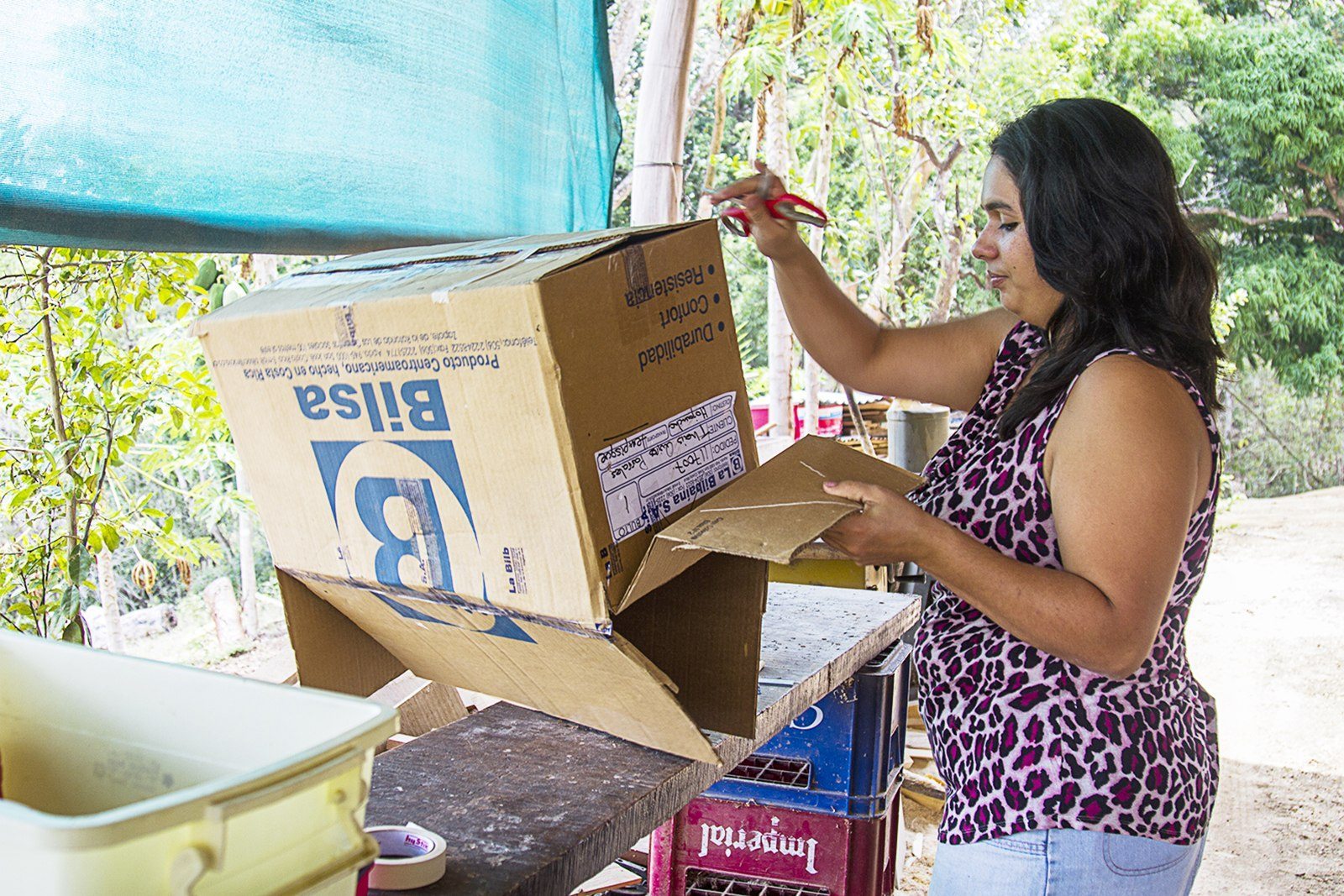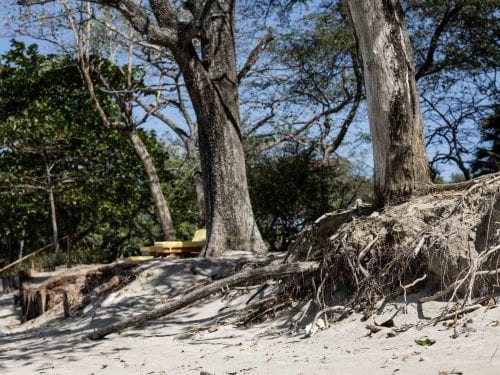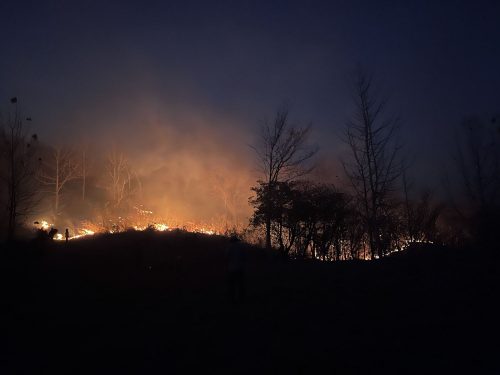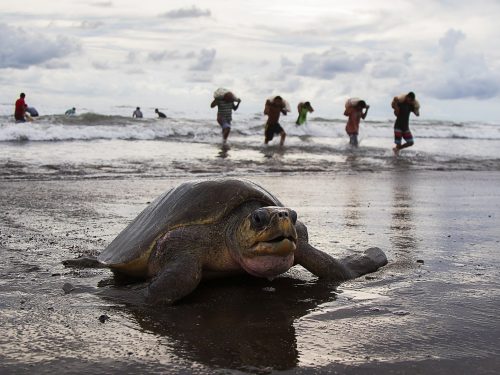
Guanacaste is the country’s richest coast. This province, annexed by Costa Rica 192 years ago, has helped lend meaning to this country’s name. Not only foreigners say this with their millions of dollars in investment and construction in Tamarindo, or Guanacastecans with their proud heritage and white-sand beaches. The statistics also show it to be true.
The residents of this Chorotega region, which includes all of Guanacaste’s cantons, have shown that the tranquility that helps some live well past their 100th birthday isn’t synonymous with passivity, but rather perseverance and tenacity.
Between 2014 and 2015, this was the region whose planning most successfully reduced the number of people living in extreme poverty, according to the National Household Survey. It also was the region that most increased its average household incomes, with a growing number of people starting their own businesses.

We still have a long way to go to equal the country’s central region in terms of health and education, but we do have the best indicators of all rural regions in the country.
On the flip side, 13,700 people still lack access to quality sanitation services, and 24,000 still get potable water from a stream or homemade reservoir.
And the same rural province in which more women graduate from university also prevents access to formal education for many women because of pregnancies or marriage.
We could go on – it seems that each positive statistic is followed by a bitter one. So what’s to be done?
Although President Luis Guillermo Solís tells us in an interview in this edition that the province should continue with its traditional sources of production – agriculture and livestock and real estate development – it’s crucial that the region diversify its employment offering.
Agriculture and fishing generate low-skilled labor jobs with few qualified professional positions compared to the rest of the country. We need more young students studying science and enrolling in technical schools in order to learn technology, not only labor intensive jobs working the land, which are necessary but not ideal.
Our uniqueness in Guanacaste and our respect for the customs and traditions of our ancestors doesn’t mean we deserve low-skilled jobs or an education that has failed to evolve. This coast, so rich in many things, deserves better.







Comments